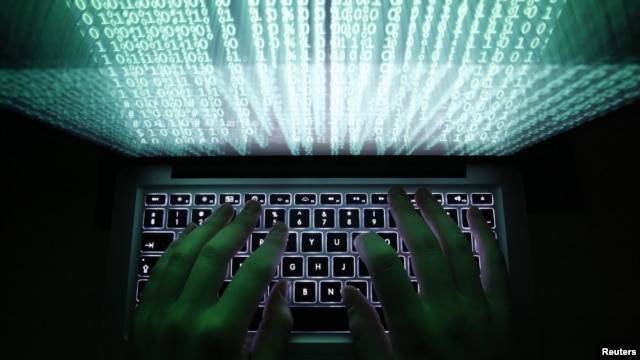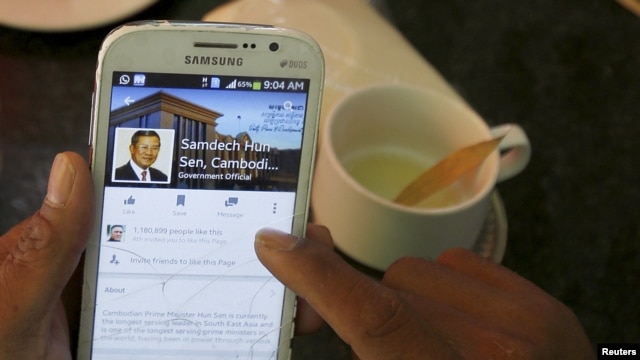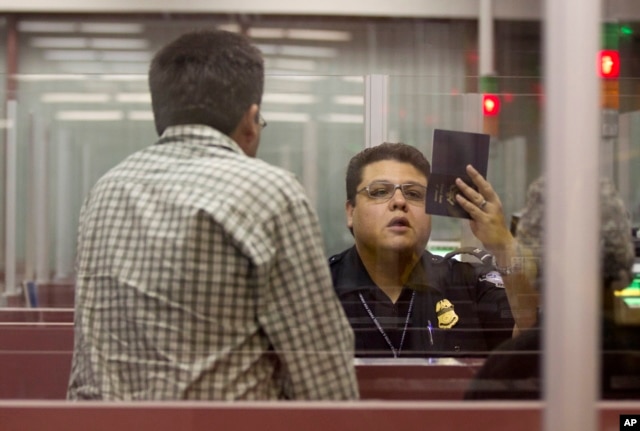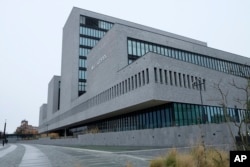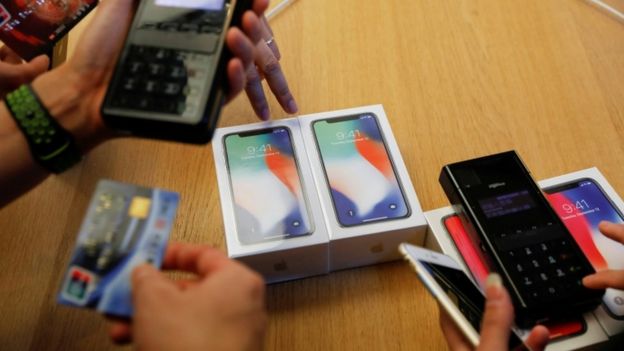There are way too many hackers that need to be locked up.
---
The U.S. and India are joining forces to crack down on cybercrime, in a bid to boost cross-border trade amid a rash of high-profile global data breaches.
Over two days of talks last week in Washington, delegates led by Obama Administration cyber-security czar Michael Daniel and Arvind Gupta, India’s Deputy National Security Adviser, identified key areas that would benefit from increased collaboration. These included cybersecurity capacity-building, research and development, international security and Internet governance, among others, according to a joint statement by the White House and Indian officials.
Known as the U.S.-India Cyber Security Dialogue, the talks brought together officials from a range of federal agencies, included the State, Justice, Homeland Security, Treasury and Commerce Departments.
They also included senior executives from Oracle Corp., International Business Machines Corp., Google Inc., Microsoft Corp., Symantec Corp. and other private-sector technology firms.
Delegates discussed a “range of cyber issues including cyber threats, enhanced cybersecurity information sharing, cyber incident management” and an “array of follow-on activities to bolster their cybersecurity partnership and achieve concrete outcomes,” the White House statement said.
At the same time, industry representatives submitted policy recommendations, which included a need to “protect cross border data flow, facilitate remote access, provide for strong encryption standards, and reduce cybersecurity threat through targeted public-private partnerships,” according to the U.S. India Business Council, a beltway advocacy group.
In a statement issued at the close of the talks Thursday, Mr. Daniel described cybersecurity as “fundamentally a team endeavor,” saying it was essential for India and the U.S. to work together, along with the private sector, to “raise our cyber defenses in both the short and long term, to disrupt and interrupt malicious actors in cyberspace, and to improve our ability to respond to and recover from cyber threats.”
President Obama and Indian Prime Minister Narendra Modi are scheduled to meet in New York next month, and the issue of cyber security is likely to be high on the agenda, officials said.
A draft Commerce Department report on the need to develop international standards for cybersecurity, released on Aug. 10, says working with global partners to improve online security “promotes U.S. interests by facilitating interoperability, security, usability and resiliency” while “helping U.S. products and services compete in global markets.”
Cheri McGuire, Symantec’s vice president of global government affairs and cybersecurity policy, told CIO Journal on Monday that such talks were “important given that cyber security is borderless by nature.”
While digitization is opening up opportunities for companies around the world to boost productivity, it’s also raising the risk of data breaches, she said.
“What we’re seeing in regard to India is a dynamic where rapid digitization is introducing new threats,” Ms. McGuire said, adding that more than 60% of cyber attacks in India target big companies.
Last year, businesses in India in the transportation, communications, electricity and gas industries faced a five-fold increase in targeted cyber attacks, according to Symantec’s 2015 Internet Security Threat Report, issued in April.
India ranked third highest in Asia for ransomware attacks, for instance, with over 60,0000 attacks per year, the report said.
“India is seen as an IT powerhouse, but it’s behind in cyber security,” said Vivek Wadhwa, a Palo Alto, Calif.-based Stanford University fellow whose research includes business and technology: “It’s like the cobbler’s children have no shoes,” he told CIO Journal.
U.S. India to Crack Down on Cybercrime - The CIO Report - WSJ
---
The U.S. and India are joining forces to crack down on cybercrime, in a bid to boost cross-border trade amid a rash of high-profile global data breaches.
Over two days of talks last week in Washington, delegates led by Obama Administration cyber-security czar Michael Daniel and Arvind Gupta, India’s Deputy National Security Adviser, identified key areas that would benefit from increased collaboration. These included cybersecurity capacity-building, research and development, international security and Internet governance, among others, according to a joint statement by the White House and Indian officials.
Known as the U.S.-India Cyber Security Dialogue, the talks brought together officials from a range of federal agencies, included the State, Justice, Homeland Security, Treasury and Commerce Departments.
They also included senior executives from Oracle Corp., International Business Machines Corp., Google Inc., Microsoft Corp., Symantec Corp. and other private-sector technology firms.
Delegates discussed a “range of cyber issues including cyber threats, enhanced cybersecurity information sharing, cyber incident management” and an “array of follow-on activities to bolster their cybersecurity partnership and achieve concrete outcomes,” the White House statement said.
At the same time, industry representatives submitted policy recommendations, which included a need to “protect cross border data flow, facilitate remote access, provide for strong encryption standards, and reduce cybersecurity threat through targeted public-private partnerships,” according to the U.S. India Business Council, a beltway advocacy group.
In a statement issued at the close of the talks Thursday, Mr. Daniel described cybersecurity as “fundamentally a team endeavor,” saying it was essential for India and the U.S. to work together, along with the private sector, to “raise our cyber defenses in both the short and long term, to disrupt and interrupt malicious actors in cyberspace, and to improve our ability to respond to and recover from cyber threats.”
President Obama and Indian Prime Minister Narendra Modi are scheduled to meet in New York next month, and the issue of cyber security is likely to be high on the agenda, officials said.
A draft Commerce Department report on the need to develop international standards for cybersecurity, released on Aug. 10, says working with global partners to improve online security “promotes U.S. interests by facilitating interoperability, security, usability and resiliency” while “helping U.S. products and services compete in global markets.”
Cheri McGuire, Symantec’s vice president of global government affairs and cybersecurity policy, told CIO Journal on Monday that such talks were “important given that cyber security is borderless by nature.”
While digitization is opening up opportunities for companies around the world to boost productivity, it’s also raising the risk of data breaches, she said.
“What we’re seeing in regard to India is a dynamic where rapid digitization is introducing new threats,” Ms. McGuire said, adding that more than 60% of cyber attacks in India target big companies.
Last year, businesses in India in the transportation, communications, electricity and gas industries faced a five-fold increase in targeted cyber attacks, according to Symantec’s 2015 Internet Security Threat Report, issued in April.
India ranked third highest in Asia for ransomware attacks, for instance, with over 60,0000 attacks per year, the report said.
“India is seen as an IT powerhouse, but it’s behind in cyber security,” said Vivek Wadhwa, a Palo Alto, Calif.-based Stanford University fellow whose research includes business and technology: “It’s like the cobbler’s children have no shoes,” he told CIO Journal.
U.S. India to Crack Down on Cybercrime - The CIO Report - WSJ


